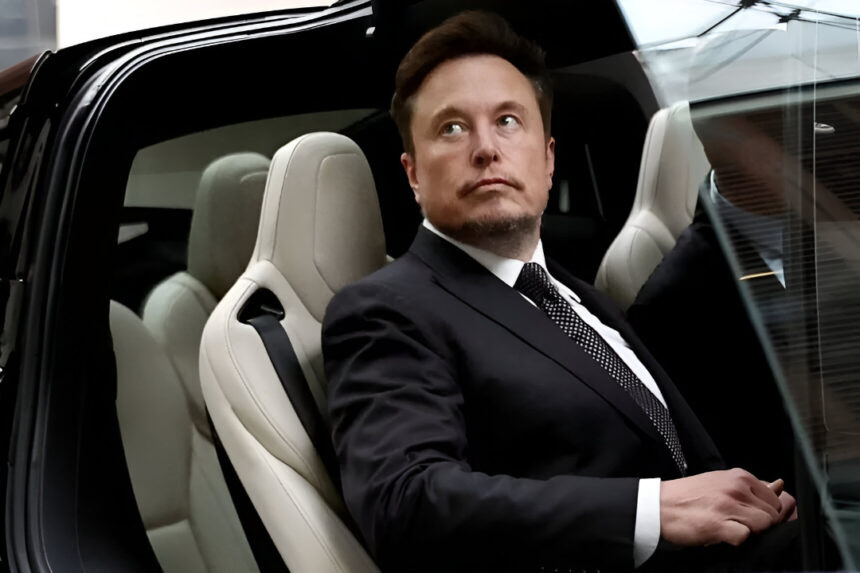At Tesla, it’s not all about innovation or the technology of its electric cars. There are also less visible stories that reveal a lot about the work environment at one of the most admired—and feared—companies in the tech sector .
Cristina Balan, a former engineer at Elon Musk’s company, Tesla, has been fighting for years against what she considers a flagrant case of retaliation for doing her job, which was to alert about a possible security flaw in the Model S.
The notable part is that this warning, far from being acknowledged as a sign of responsibility in her daily work, ended in threats, pressure to resign, and a legal battle that has now reopened after more than a decade.
Threats, Dismissal, and a 10-Year Battle with Elon Musk
Balan was working at Tesla when she discovered that the Model S floor mats could shift and get under the pedals, a flaw that, if not corrected in time, could interfere with the braking system and ultimately be dangerous for drivers on the road.
As expected, she reported the problem to her superiors, even following the instructions Elon Musk himself had given all employees months earlier: to contact him directly if they detected any significant issues. However, what followed was not praise, but punishment.
According to her testimony, far from receiving support, Balan was removed from her duties and pressured to resign. She claims that Tesla’s legal team even threatened to deport several of her colleagues, who were then waiting to regularise their immigration status.
She ultimately resigned in protest, beginning a long legal battle that has yet to end. The company publicly accused her of embezzling funds for a “secret project,” something she has always denied.
She also sued the company for defamation, but the lawsuit was dismissed due to the statute of limitations. However, a recent court ruling allowed the case to be reopened and brought back to court, the engineer said in an interview with The Times of London.
Balan’s case is not unique. Over the past few years, several employees have pointed out a leadership style at Tesla marked by pressure, opacity, and unjustified dismissals. In 2023, Musk abruptly fired the entire team responsible for the Supercharger network following an internal disagreement.
Allegations of racism, excessive surveillance, and unsustainable work hours at some of the company’s factories have also come to light. The former company engineer, in addition to reporting the harassment she suffered, has described the magnate as a man capable of ruining careers.
In her most recent statements, the engineer calls him “pure evil” and a “monster,” words that reflect not only her personal anger but also a warning about what she considers a toxic form of exercising power.
Speaking Up Shouldn’t Cost You Your Career
This case isn’t just about a labor dispute. What’s at stake is whether tech companies, accustomed to operating without much internal opposition, are willing to accept internal questioning. Cristina Balan’s case could set a precedent for how complaints should be handled within organisations of this magnitude.
It also reflects a structural problem: when the CEO becomes a kind of unquestionable authority, worker protections tend to weaken. It’s not just Tesla, but the impact of these decisions is greater, given the influence the company and its founder wield over the rest of the sector.
Balan isn’t just seeking compensation; she wants her side of the story to be heard in court, and for her complaint not to be dismissed without a thorough examination. Her fight against Tesla is also a battle for the right to speak out without fear, for the ability to say “this isn’t right” without losing her job.
What happened with the Model S may seem like a technical detail, but what came next speaks volumes about how power operates at some of the big tech companies. Sometimes speaking out means standing up not just to a design flaw, but to bosses like Elon Musk.





